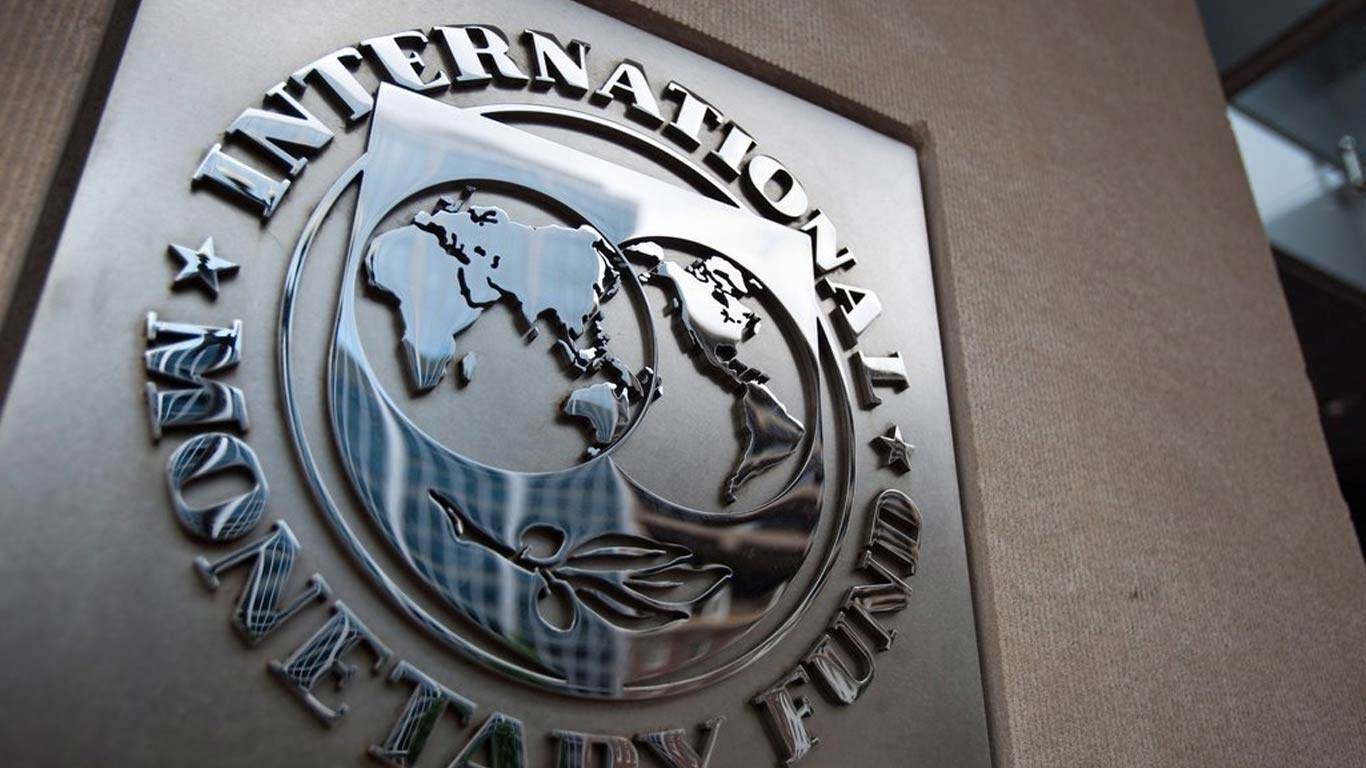Industry body seeks implementation of GAAR from 2017-18
Updated: Jan 29, 2015 04:33:29pm

The industry body has also asked for the GAAR provisions to be seen and modified in this respect, according to an official release.
During a meeting with Union Minister for Finance, President of PHD Chamber, Alok B Shriram suggested, “for a stable tax policy to take effect so as to reduce litigation and encourage promotion of India as a business destination or to promote ‘Make in India’, GAAR policy needs to be objective”.
He further stressed that, “dissemination of information and learning amongst all stake holders is material to ensure better understanding of the provisions and so that the provisions are correctly applied. The risk of litigation needs to be reduced. Clarificatory examples and circulars and training of officers will help in better understanding and implementation of the provisions”.
The highlighted issues raised by the Chamber if considered favourably, will promote tax payers compliance and help tax administrators to correctly apply the provisions, it said.
The industry body has also recommended that the provisions of GAAR be used fairly in limited number of befitting cases as excessive use would be counterproductive for the nation.
“The tax officers must be accountable. This would help in ensuring proper objective application of the provisions and prevent grievances. It is a settled law that tax officers should not make additions/disallowances based on suspicion, conjectures and surmises. This needs to be ensured in the course of application of GAAR”, added Shriram.
The Chamber also holds, “there should be no misconception about revenue generation through GAAR. It is not intended to bring an end to tax planning which is within the law. It will not provide a major tax windfall. There are also other anti-abuse legislations in place, be it SAAR, Transfer Pricing and BEPS. Work would need to be continued with OECD and others to develop anti abuse legislation and processes.
“GAAR does however serve as a strong deterrent. It must deter abusive tax planning. It however need not deter bona fide businesses and investments. GAAR must be seen as having effect on only limited types of transactions. GAAR must not result in belt and braces approach by which excessive regulatory provisions are laid down. Good governance is always appreciated and the same would be required in application of GAAR provisions,” it said. (KNN Bureau)











